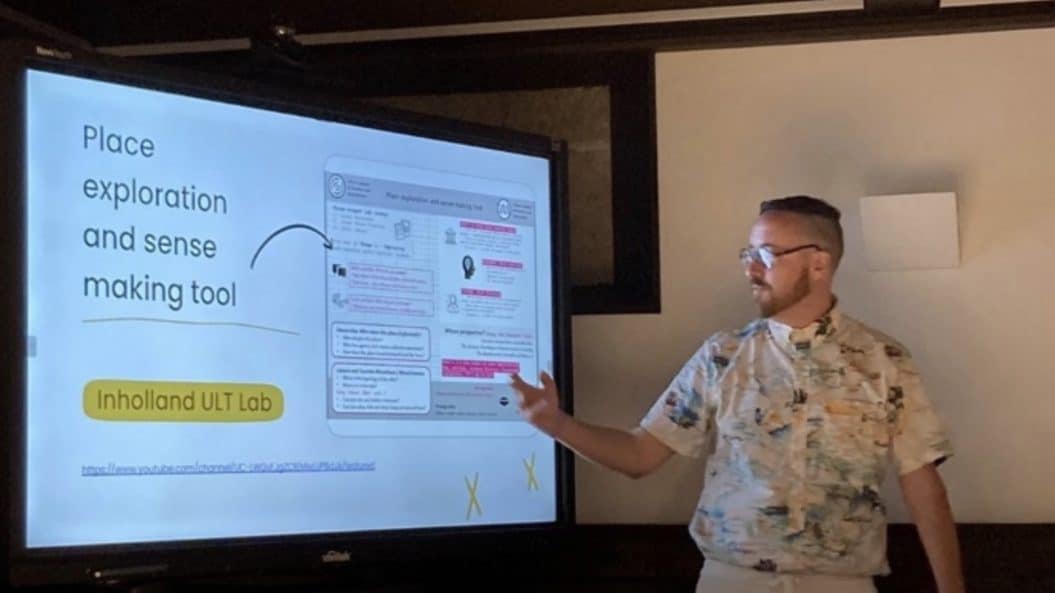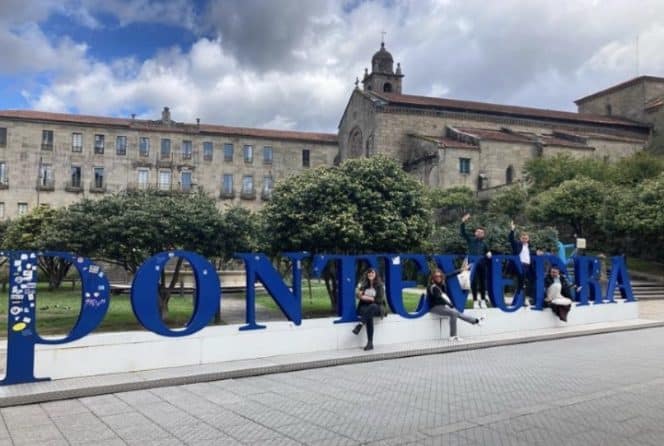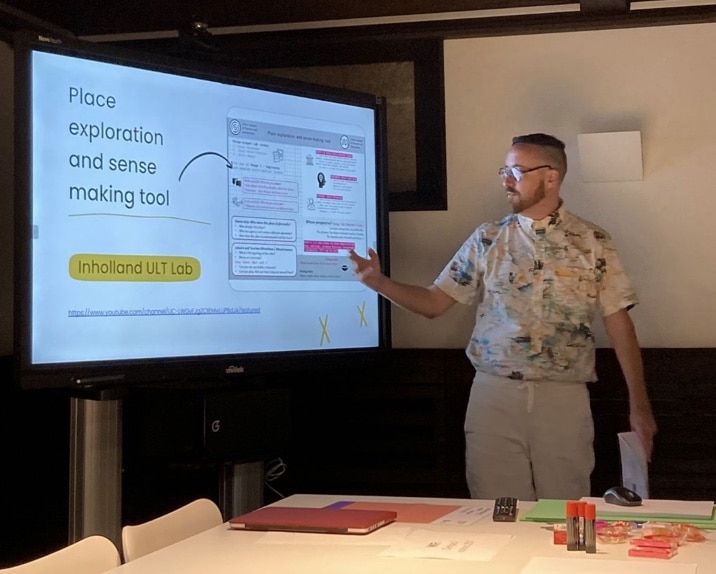A living case study, Pontevedra itself wants to keep and attract a new generation of creatives and relate their work with public space and public infrastructure – enriching public life through continuous innovations and contribute to the success of the place through local economic activity. Indeed, the global shutdown forced cities everywhere to reconsider urban policies in favour of different types of city users, including historically excluded stakeholders such as those with additional mobility needs, and socio-economic circumstances. Creative communities, who not long-ago scholars considered vital actors in driving urban regeneration processes, have suffered greatly during the lockdown – have emerged as a group whose Rights to the City need safeguarding (Florida, 2014; Lefebvre, 2012).
Familiar tales of market-led gentrification abound, where creative actors – instrumental in activating local vibrancy – are evicted to make way for rent-generating functions of lesser public value (. Facilitating a workshop at Placemaking Week allowed for the mapping tools and tactics that these communities use to offset the spatial precarity brought about by neoliberal development. Our session included a lively discussion, where participants were asked to share stories of activism in the urban context, preceded by a presentation in which we shared our vision for Regenerative Placemaking, and the tools we use at Inholland’s Urban Leisure and Tourism living labs. Myself and Susannah Montgomery (Sustainable Media Lab) shared stories from North and South America, and were joined by urban designer Filemon Wolfram (of global environmental consultancy Sweco) who spoke about sauna-activism in Helsinki.
All of those present were asked to share their own local stories of how creative communities – at the heart of socio-spatial transformation – were engaging in placemaking as a way to push back against their displacement through seemingly rampant capitalist development. In the spirit of collaboration and mutual learning, our workshop offered a space for place-makers to connect and make links, as much as discuss engagement-led approaches to solving intractable urban problems. Tools such our Place-sensing Map encouraged participants to reflect on familiar settings, evoking histories of renewal, eviction and overtourism. We heard stories from Denver, Berlin and San Diego; and best practice from creative ecosystems in Italy, Spain, Greece and the Netherlands – where a decades-old artist occupation has been embraced as a distinctive cultural quarter in Groningen.
The workshop provoked animated discussion between creatives and developers – around value and authenticity, recognising the role creative communities can play in sustainable development processes. Within the tourism context, where boundaries of local and visitor are ever-blurred, creatives can offer a platform for dialogue and exchange, and act as stewards for equitable decision-making and community engagement (Horgan, 2022). To do so however, their needs must be accommodated – in terms of dignified housing; relevant supports; and increased agency in development processes. Our workshop revealed that across the world, cycles of displacement may be countered though giving increased visibility to creative communities, and by developing metrics for evaluation of impact.
The Politics of Space however, and the polarisation of our urban population along populist lines, present a great threat to creative communities (Horgan and Dimitrijević, 2020). To counter hegemonic narratives around creative practice and public value, we need new narratives that expose the fallacy of unbounding capitalism, that embrace more regenerative approaches (Mazzucato, 2018). Regenerative placemaking for sustainable tourism takes a systems approach, to discover the unique potential of a place, leveraging the capability of tourism living systems (including local cultural and creative industries) to catalyse collaboration and social transformation (Bellato et al., 2022). Fundamentally, regenerative tourism challenges the dominant economic growth paradigm, which has often failed to capture the contribution of creatives. Inholland’s recently established centre of excellent ENSUT, are working with a diverse set of partners to develop applied research that connects the Placemaking concepts, to more equitable urban futures in tourism. We are keen to learn about tactics creative groups are pursuing in your city, and to make connections with destination ecosystems near and far.


